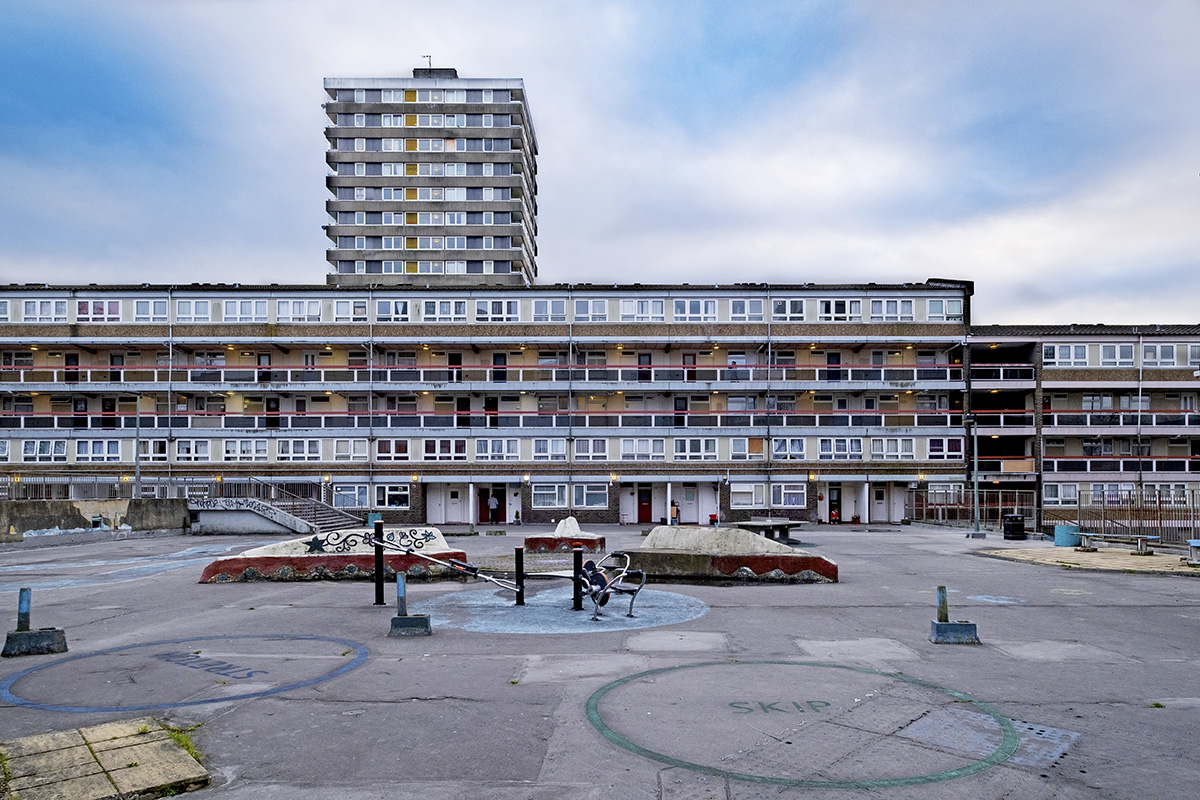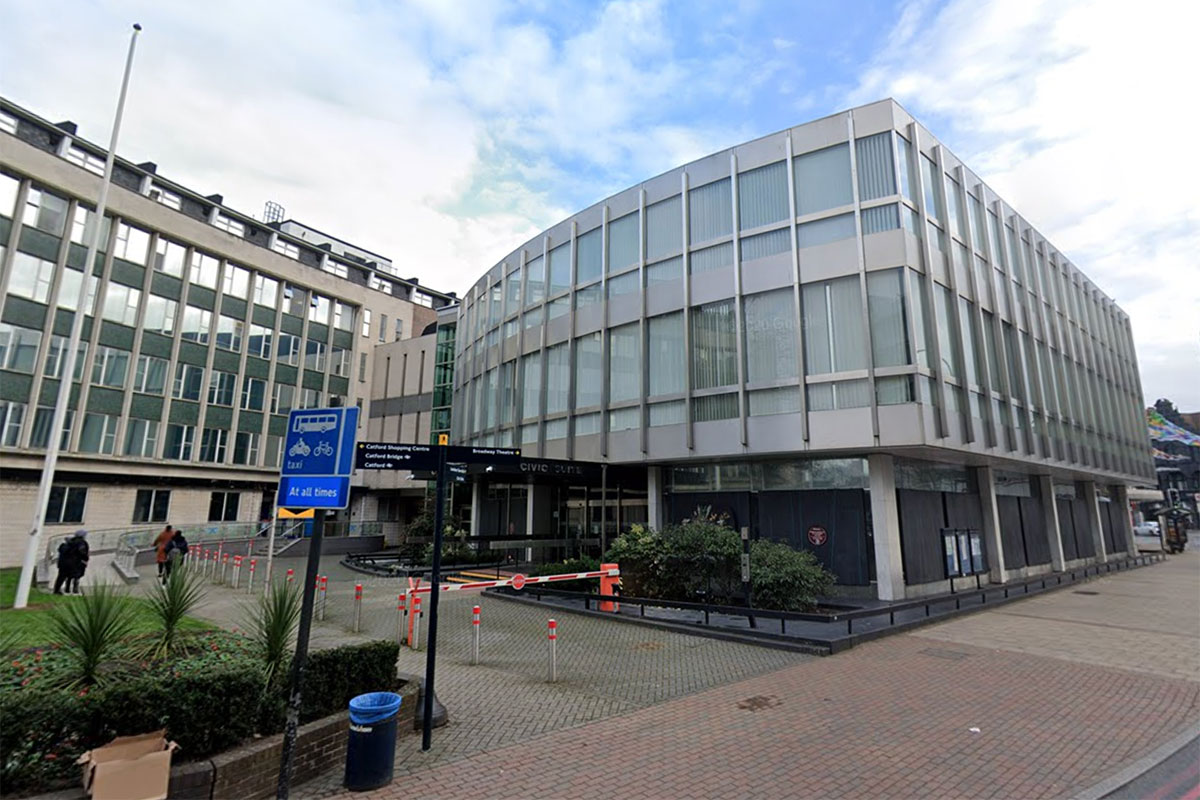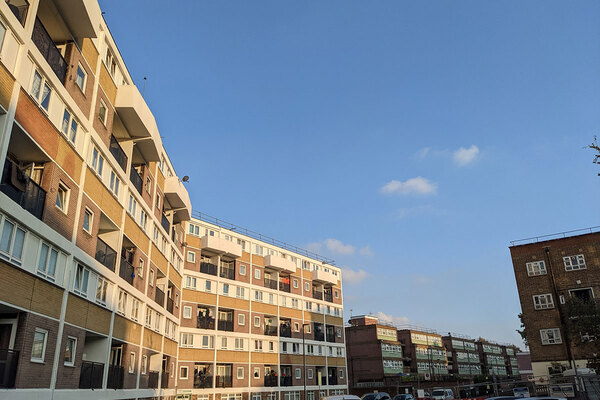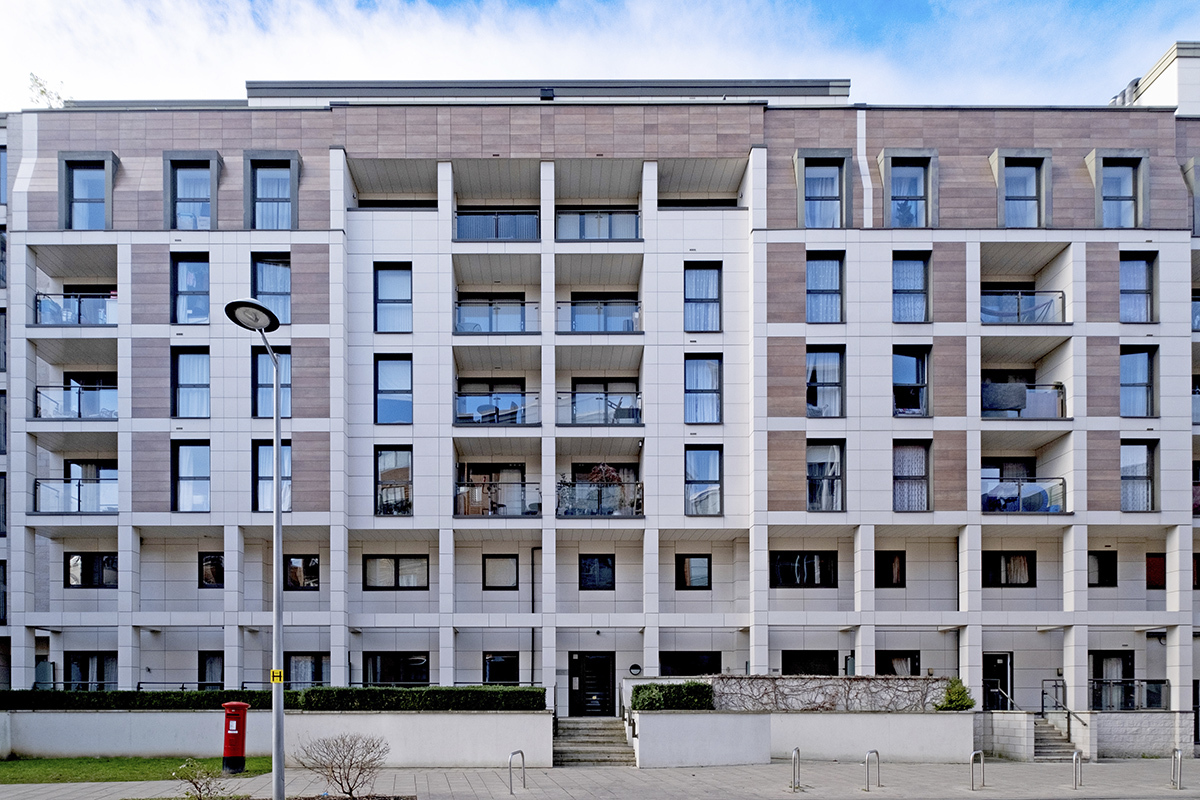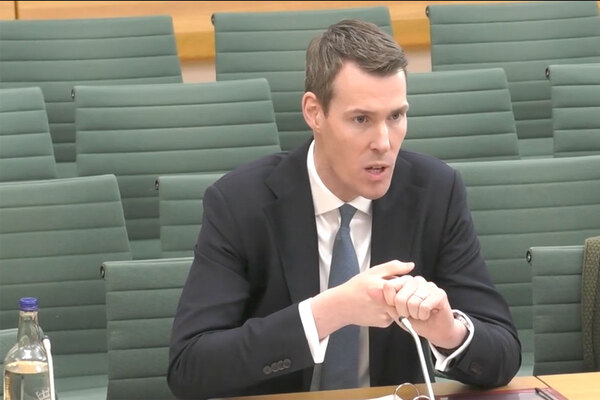Nearly 60,000 social homes to be lost as councils struggle to replace RTB properties, warns LGA
Councils are urging the government to allow them to keep a larger proportion of Right to Buy (RTB) receipts, as new figures suggest 57,000 more social homes will be lost by 2030 because of the policy.
A new report by Savills, commissioned by the Local Government Association (LGA), estimates that 100,000 homes are likely to be sold through RTB by the end of the decade, while only 43,000 will be replaced.
This would result in a net stock loss of 3.6%, the report said.
Under RTB, council tenants are offered a discount to purchase their homes. The size of the discounts were increased in 2012 under a relaunch of the scheme, to a maximum of £87,200 across England and £116,200 in London.
The average discount in 2021/22 was nearly £68,000.
RTB discounts are set to increase by a further 10.1% next month, in line with September’s inflation figure. The LGA has warned this will make it even harder for councils to deliver replacements, due to a lack of money from RTB sales.
It also comes amid a challenging period for new development. Inflation and labour shortages in the construction sector are hindering councils’ ability to pay for and build replacements.
As a result, the LGA is calling on the government to use this month’s Budget to allow councils to set discounts locally and retain 100% of sales receipts.
David Renard, housing spokesperson for the LGA, said: “It is becoming impossible for councils to replace homes as quickly as they’re being sold, as they are being left with nowhere near enough money to provide replacements.
“Rising RTB discounts mean that one household’s homeownership is increasingly being prioritised over another’s access to secure, safe, social housing.”
The LGA said councils also need to be able to combine RTB receipts with grant funding and transfer money from sales to ALMOs or housing companies to allow “greater flexibility” over how new council housing is delivered.
Since Right to Buy was introduced as a flagship policy of the Thatcher government in 1980, more than two million homes have been bought through the divisive scheme.
In 2021/22, there were 10,878 sales, while 5,089 replacement homes were funded, according to government figures. The average receipt per home was £97,796.
When it lifted RTB discounts in 2012, the government promised that all additional homes sold as a result of the increased discounts would be replaced within three years. This target was extended to five years in 2021.
Since 2012, a total of 96,117 homes have been sold.
The government’s methodology regards 46,108 of these as ‘additional’ and within the five-year time limit. In this period, councils started 36,380 replacements, meaning they are almost 10,000 homes behind even the limited replacement target.
Inside Housing research previously revealed that around 40% of council flats sold under RTB are now being rented out privately at much higher rates.
Mr Renard added: “RTB can enable families to get on the housing ladder and own their own home, but every home sold that isn’t replaced risks pushing more families into the private rented sector, driving up housing benefit spending and rents, along with exacerbating our homelessness crisis.”
Sign up for our Council Focus newsletter
Already have an account? Click here to manage your newsletters
